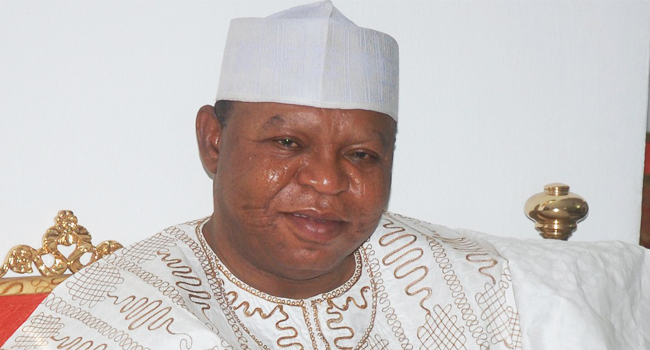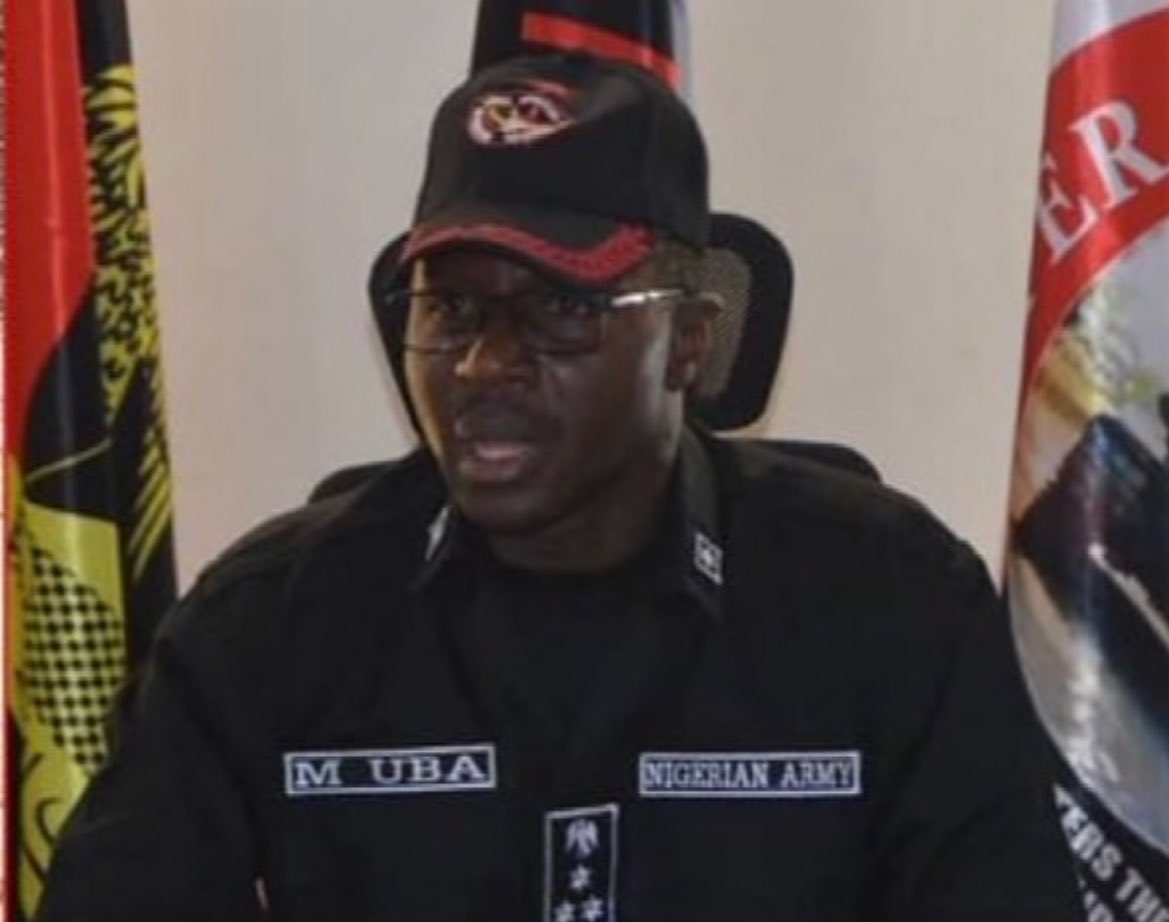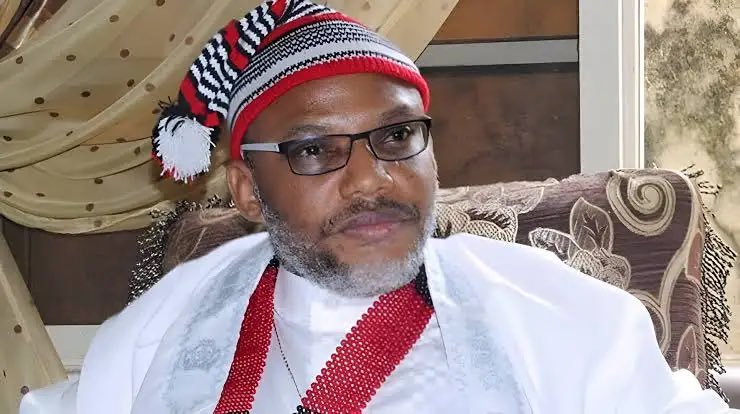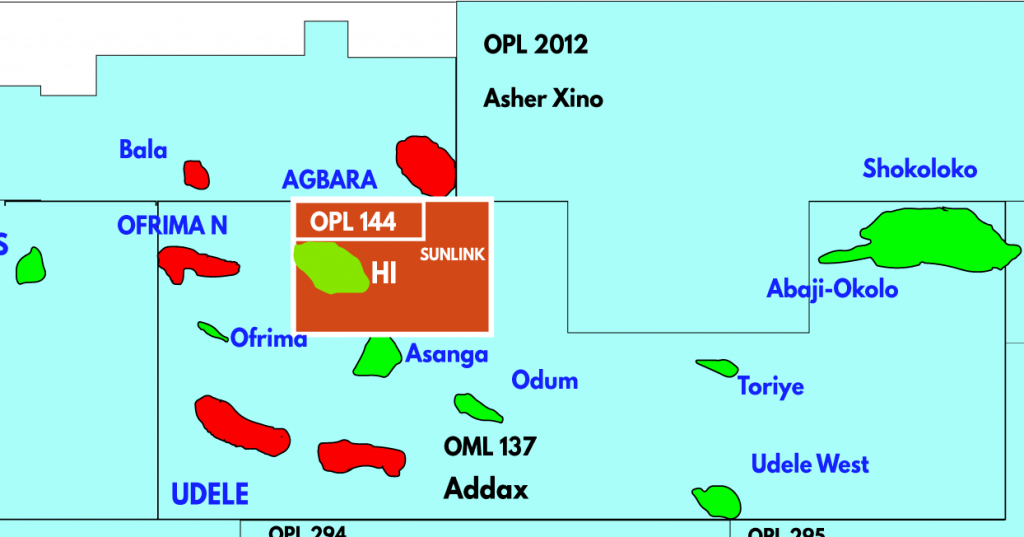In Kogi state elections, three potential governors
Published on 2015 December 8, Tuesday Back to articles
Prince Abubakar Audu (24 October 1947 – 22 November 2015) was the Governor of Nigeria’s Kogi state twice before his death. He died shortly after the election results on 22 November 2015, while seeking re-election on the platform of Nigeria’s ruling party, All Progressives Congress (APC).
The Independent National Electoral Commission (INEC) was considered key in Nigeria’s successful and peaceful March/April elections. With the INEC chairman (and election hero) Attahiru Jega stepping down earlier this year, President Muhammadu Buhari appointed a new chairperson. Though gubernatorial elections are always hotly contested, the INEC is unlikely to have expected the challenge it has faced in Kogi State, after the All Progressives Congress’ (APC) candidate died part-way through the electoral process, which is an interesting case for Nigeria’s democratic development.
The INEC took the controversial decision to substitute a deceased gubernatorial candidate in the almost concluded Kogi State elections (see Nigeria Politics & Security for background). The groundwork has now been prepared for an intriguing legal battle over the state’s governorship polls. The vote was concluded on 5 December when elections were held in 91 polling units, where the initial 21 November vote had been cancelled. The INEC declaring Yahaya Bello of the APC as duly elected after replacing the APC’s Abubakar Audu, who died before the final results could be announced.
Audu’s running mate, James Faleke, and Idris Wada, the state’s sitting Peoples Democratic Party (PDP) governor, had attempted to stop the conduct of the supplementary elections by challenging them in court. But the judge ruled that it is a post-election issue that can only be heard by the electoral tribunal set up to deal with issues arising from election disputes.
Both Faleke and Wada claim that they should have been declared governors following Audu’s death. The electoral law does not make clear provisions for candidates who die during the election contest. The expectation is that the case may go all the way to the Supreme Court for a final interpretation of the legal wrangle.
The PDP issued a statement on 6 December rejecting Bello’s victory claiming that he received only 6,885 of the votes – those he obtained in the supplementary elections held on 5 December – and cannot inherit the votes that were originally cast for Audu. The PDP argues that since Wada has the second highest number of votes, he should be declared the winner of the elections following the death of the person with the most votes.
Faleke, meanwhile, claims that since he was Audu’s running mate, only he has the right to inherit the votes cast for their joint ticket.
The APC and INEC believe that votes cast during the election were for the party rather than for the candidates and as such the APC has a right to present another candidate to inherit the votes. With these varying claims, the courts are being looked upon to give direction in a case that is seen as having a significant impact on Nigeria’s democratic progress.



